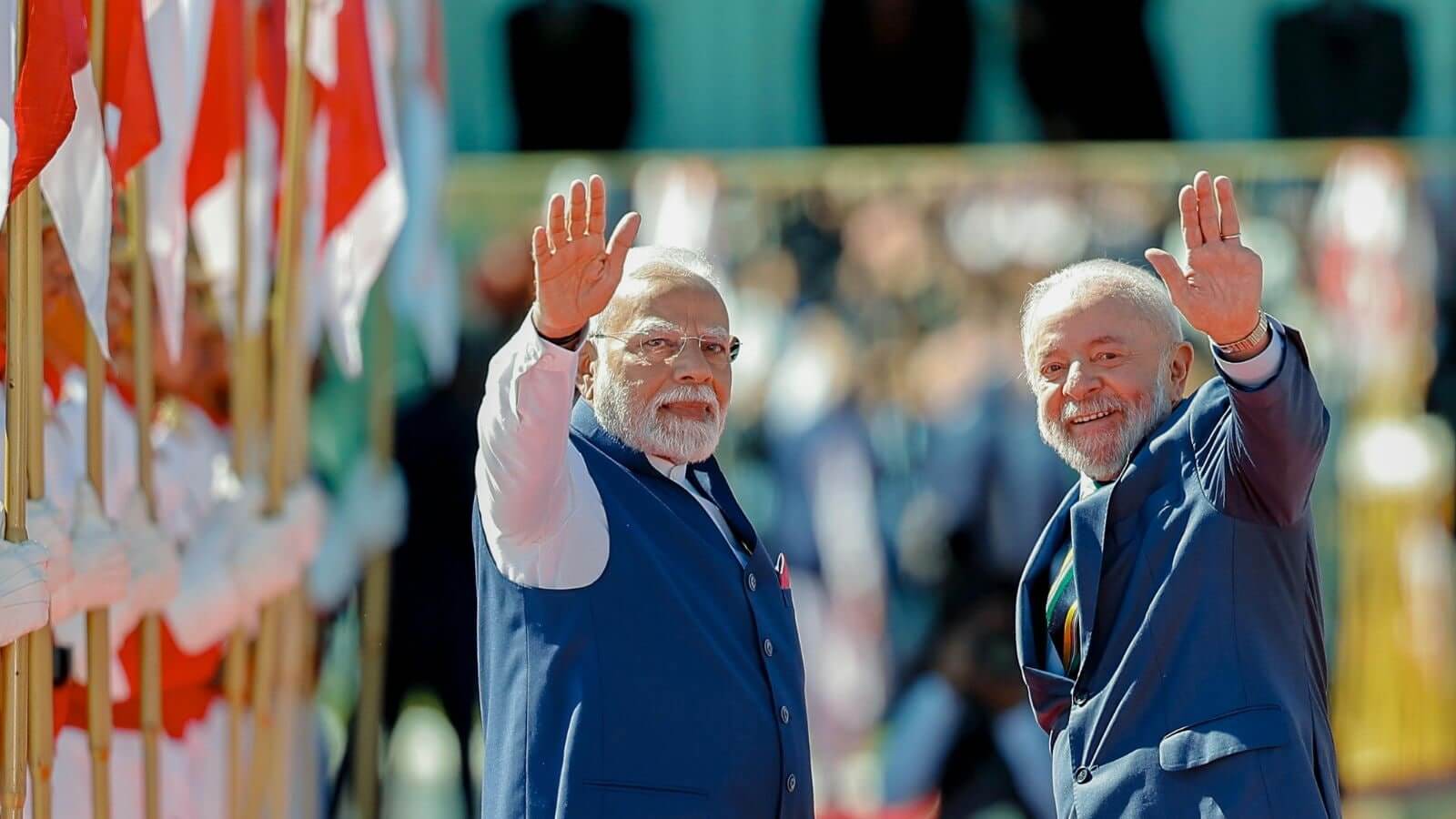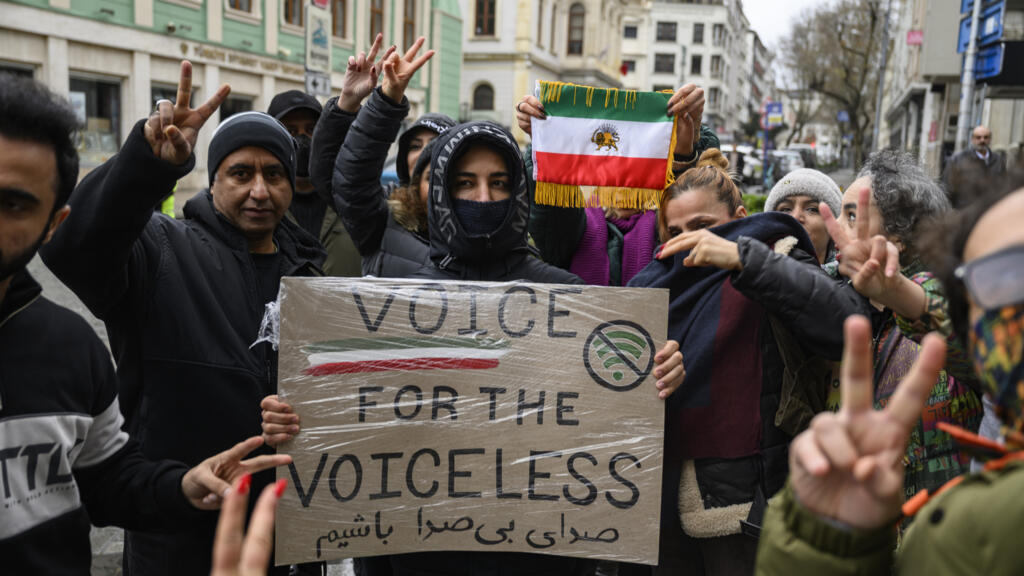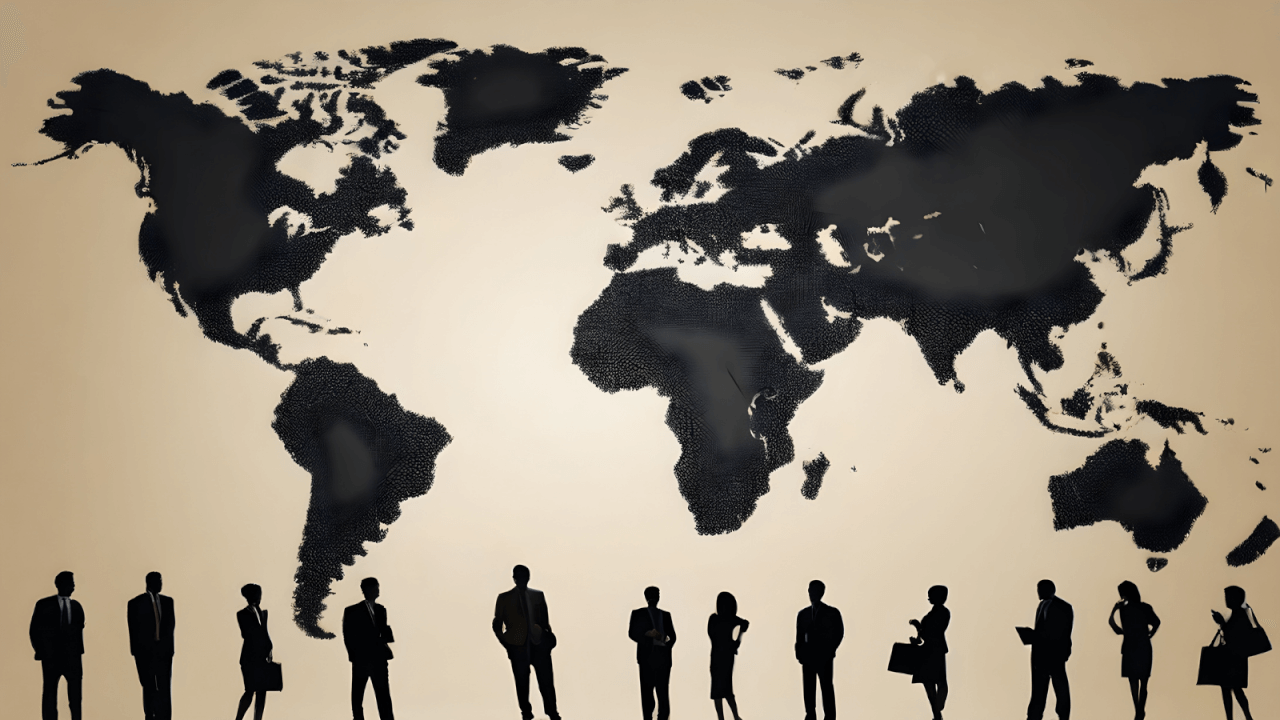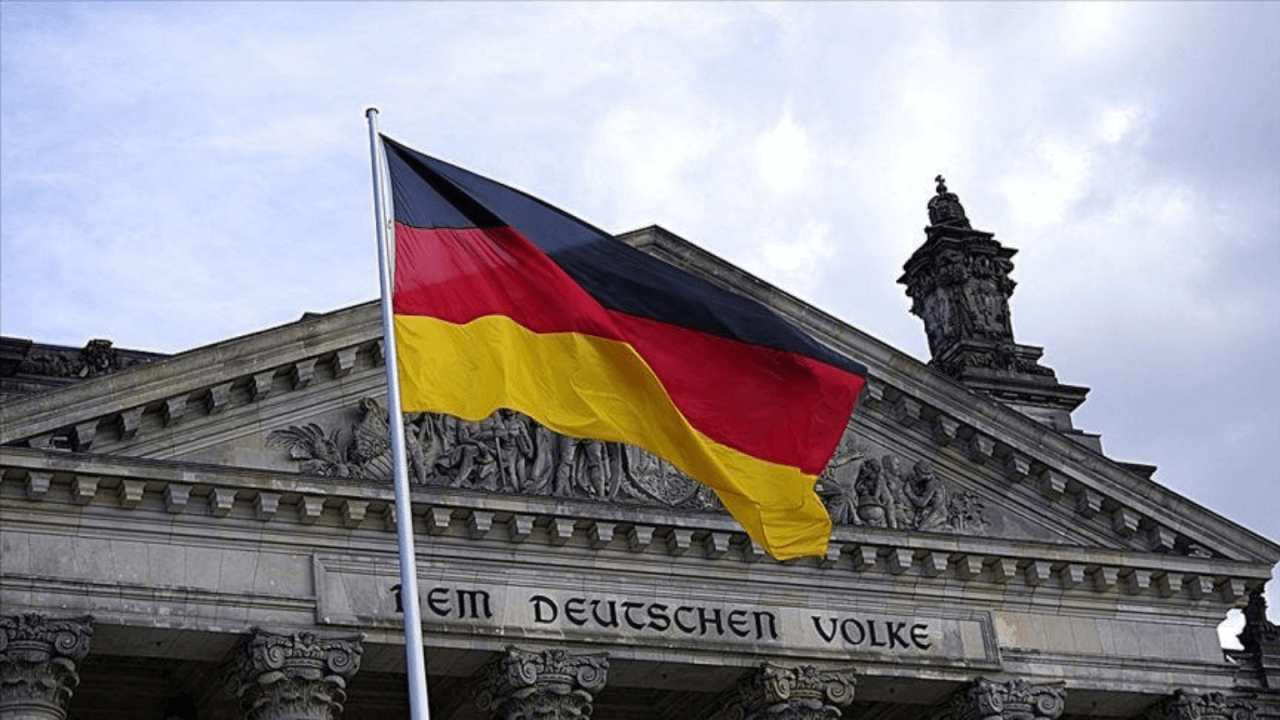The enlarged BRICS with eleven new members (including Saudi Arabia, which is yet to ratify its membership) represent a formidable force in the global political economy, accounting for nearly 40 percent of GDP in purchasing power terms and around 55 percent of world population. The latest BRICS Summit held in Rio de Janeiro, Brazil on July 6-7, 2025, was based on the theme of “Strengthening Global Co-operation for more Inclusive and Sustainable Governance”. The Summit was important for reaffirming the commitment of expanded BRICS to multilateralism and the defense of international law. BRICS also reiterated their commitment to increasing the participation of developing countries, particularly in Africa and Latin America, in global decision-making structures. Major declarations were made to promote and accelerate the global reform agenda in a wide range of crucial areas, including trade, finance to health governance, regulation of artificial intelligence, climate change, and the promotion of peace, security and international stability. The strong commitment displayed by BRICS to the principles of multilateralism and a rule-based international order was particularly striking during a Trumpian moment, where the United States appeared to be increasingly unilateral, aggressive, and militaristic in its foreign policy. The BRICS plea for multilateralism and rule-based order was also important at a time when the European Union, with its growing security concerns, appeared to be more defensive and inward-oriented, with a noticeable decline in its willingness to stand up for global norms, opting for an increasingly transactionalist approach in its foreign policy instead.
The Rio Summit was also important in the sense that the collective voice of the BRICS countries subjected the Israeli actions in Gaza to severe criticism. Indeed, it is important to emphasize this criticism came at a time when the European Union’s support for a rule-based order and global liberal norms was in decline, with the EU’s approach being increasingly driven by “selective humanitarianism” involving the failure to apply common standards for Ukrainian and Palestinian people. Similarly, attacks on Iran were criticized on the grounds that they violated the principles of international law. Trump’s unilateral increase in tariffs across the board also generated harsh criticism on the grounds that they violated the basic principles of the WTO system. The BRICS were careful, however, in avoiding direct references to the United States, or Trump in their deliberations and final declarations.
At the same time, the Rio Summit highlighted the inherent tensions, divisions, and contradictions of the enlarged BRICS themselves. Whilst BRICS expansion increased the collective weight of the group in economic and demographic terms, it also made consensus building and collective decision making more difficult, given the inherent diversity of the group in terms of their political regimes and several other respects. Chinese President Xi Jinping was conspicuously absent from the Rio Summit. This was the first BRICS Summit that he failed to attend over a period of twelve years. China has kept its distance from the conflicts in the Middle East and has been surprisingly silent during the Israeli and American attacks on Iran. Perhaps part of the explanation for Xi Jinping’s absence was to avoid being in the spotlight at a moment of severe instability and conflict in the Middle East and to avoid further confrontation with the United States during critical tariff renegotiations. Heads of state of key Arab member states, including Egypt and the United Arab Emirates also failed to attend amid the ongoing wars and instability in the Middle East, with potential fears of generating adverse reactions from the United States and Israel.
The Rio Summit clearly highlighted the inherent divisions between countries such as India, Brazil, South Africa and the new member state Indonesia, which adopted a “non-Western“ posture against the explicitly “anti-Western” stance of countries like China, Russia and Iran. Arguably the predominantly more democratic group of BRICS dominated the Rio Summit with Luiz Inacio Lula da Silva of Brazil, Narendra Modi of India, Cyril Ramaphosa of South Africa and Prabowo Subianto of Indonesia emerging as the key actors in the Summit. Indeed, the centrality of these actors is actively portrayed in the family picture taken during the Summit, with the host Lula, and guest of honor Modi, occupying the center stage. The vision of this sub-grouping within the BRICS is not to take a direct stance against the West, but to push for a more balanced inclusive multipolar order, where power and decision-making are more evenly distributed. The group effectively represents the natural sequel to the non-aligned movement of the earlier Cold War era. The core principles of the Bandung Conference of 1955 include political self-determination, mutual respect for sovereignty, non-aggression, non-interference in internal affairs, and equality continue to be relevant in this context.
Hence, the future of BRICS involves a contestation between two quite different visions. The first is a vision of BRICS dominated by the China-Russia axis, while the second is a vision of countries seeking to maintain a balanced relationship with China and Russia, on the one hand, and the Western powers, on the other, despite China being their largest trading partner. The voice of the second group led by countries such as India and Brazil was significantly more dominant at the Rio Summit. China’s lukewarm approach to the summit was, in part, related to discussions on the future of alternatives to a dollar-based international monetary system. Whilst all BRICS agree that ending the dominance of the dollar is a desirable objective, they tend to differ on the means to achieve this. The Chinese are promoting their own currency, the renminbi, as the natural alternative to the US dollar; the majority of BRICS prefer a more pluralistic system based on trade in national currencies.
The interesting question to emerge from the Rio Summit for the future is whether we are likely to observe a ”vertical BRICS” dominated by China and Russia or a more “horizontal BRICS” where China and Russia will naturally be key actors, but the group led by India and Brazil has also a substantial voice in the group’s decision-making process. A key conclusion emerging from the Rio Summit is that the relatively more democratic members of the group (although they are by no means perfect democracies themselves) will represent a powerful collective voice for multilateralism, a rule-based international order, and for peaceful co-existence in the coming years. The influence of the group could increase further with the expansion of membership, especially membership of the new Development Bank, which constituted one of the central conclusions of the summit. We may also expect the formation of new alignments between these key actors of the Global South as a powerful subgroup within BRICS, and key Western actors, such as the EU, which share similar normative visions. Even though the EU has been displaying a relative decline in its quest for multilateralism and a rule based international order, the EU still cares about democratic governance, multilateral structures, and rule-based international order. This is certainly an element that makes one more optimistic concerning the future of cross-cutting alliances and coalitions favoring multilateralism and a rule-based international order.








